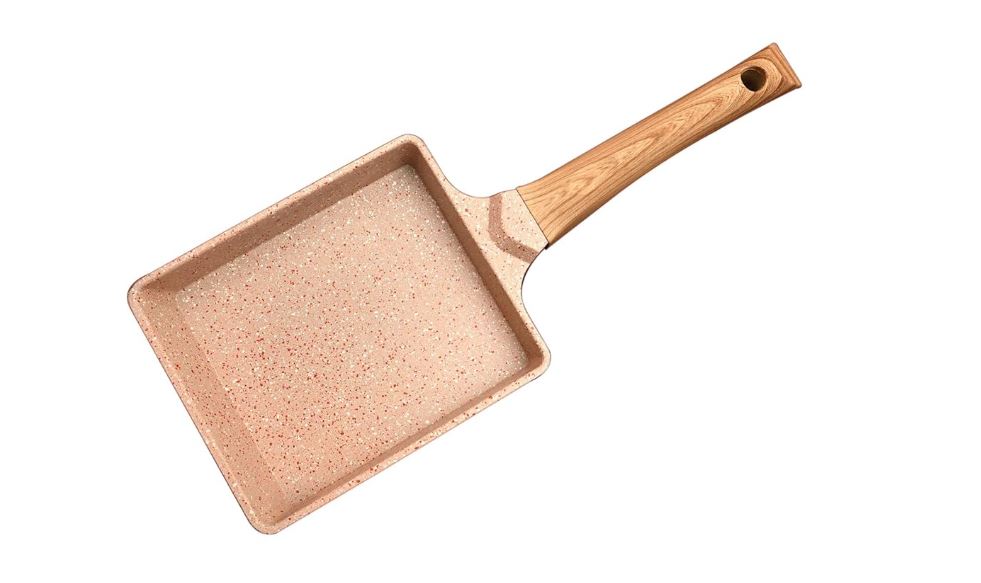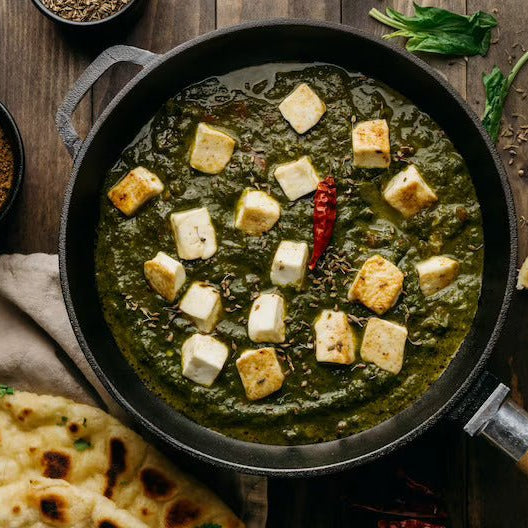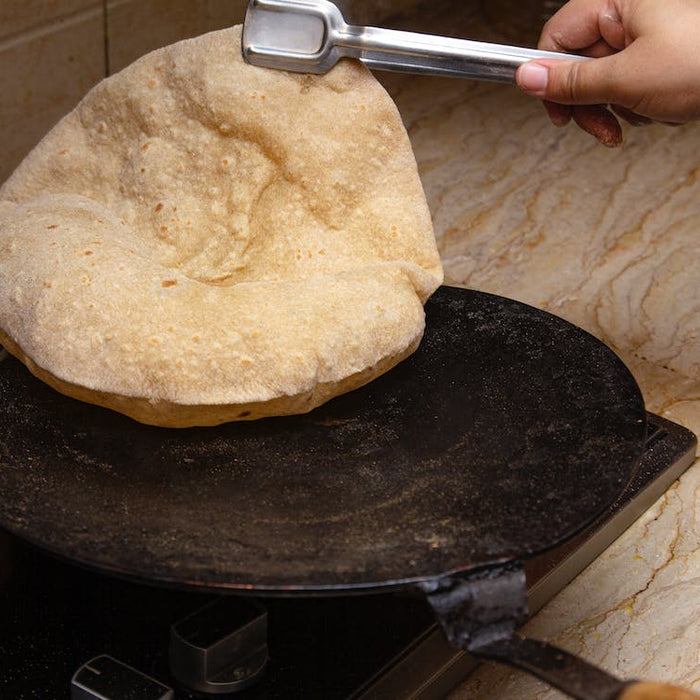
Is Granite Cookware Safe? Exploring Pros and Cons
Cookware options seem endless, but when it comes to safety and health, making informed choices is crucial. Granite cookware has gained attention for its durability and nonstick properties, but is it entirely safe? Let's delve into the pros, cons, and considerations surrounding this popular kitchenware.
What is Granite Cookware?
Granite cookware isn't actually made of granite stone but is named for its resemblance to the texture. It's composed of an aluminum core coated with a layer of porcelain enamel fused at high temperatures to create a durable and nonstick surface.
The Safest Cookware for Your Health
While there's no perfect cookware, certain options are deemed safer. Materials like stainless steel, cast iron, and glass are known for their minimal leaching of harmful substances into food.
Teflon (PTFE) Graniteware
Teflon-coated cookware, often marketed as "graniteware," raises concerns due to the potential release of toxic fumes at high temperatures. PTFE (Polytetrafluoroethylene), the substance used in Teflon, can degrade when overheated, posing health risks.
Vitreous Enamel Graniteware
Enamel-coated granite cookware is considered relatively safe compared to Teflon alternatives. It's durable, resistant to scratching, and doesn't react with acidic foods. However, chips or cracks in the enamel layer might expose the underlying material, impacting safety.
How to Prolong the Lifespan of Granite Pans
To maintain granite cookware's longevity, avoid extreme temperature changes, use gentle cleaning methods, and prevent metal utensils from scratching the surface. Regular seasoning (for enamel-coated cookware) helps maintain the nonstick properties.
Signs of Safe and Quality Granite Cookware
Opt for reputable brands that adhere to safety standards. Look for even coating without scratches, cracks, or chipping. Ensure the cookware is labeled as PFOA and PTFE-free to minimize health risks associated with these chemicals.
Biggest Health Concerns with Granite Cookware
One major concern is the potential for heavy metal leaching. If the enamel coating is compromised, it may expose the aluminum core, potentially leading to metal leaching into food.
Effective Alternatives to Conventional Nonstick Cookware
Several alternatives offer safer cooking options:
- Stainless Steel: Durable and non-reactive.
- Cast Iron: Excellent heat retention and naturally nonstick when seasoned properly.
- Ceramic Cookware: Non-toxic and scratch-resistant.
Conclusion
While granite cookware has its advantages—durability, nonstick properties, and resistance to acidic foods—it's essential to use it cautiously. Opt for well-made, high-quality options and inspect for any signs of damage regularly. Consider alternative materials that offer safer cooking experiences without compromising on performance.
Making informed choices about cookware ensures not only a delightful cooking experience but also promotes healthier culinary practices for you and your loved ones.
Featured collection
-
Original price - Original priceOriginal price Rs. 19.99Rs. 19.99-Current price Rs. 19.99
Product title
Original price - Original priceOriginal price Rs. 19.99Rs. 19.99-Current price Rs. 19.99 -
Original price - Original priceOriginal price Rs. 19.99Rs. 19.99-Current price Rs. 19.99
Product title
Original price - Original priceOriginal price Rs. 19.99Rs. 19.99-Current price Rs. 19.99 -
Original price - Original priceOriginal price Rs. 19.99Rs. 19.99-Current price Rs. 19.99
Product title
Original price - Original priceOriginal price Rs. 19.99Rs. 19.99-Current price Rs. 19.99 -
Original price - Original priceOriginal price Rs. 19.99Rs. 19.99-Current price Rs. 19.99
Product title
Original price - Original priceOriginal price Rs. 19.99Rs. 19.99-Current price Rs. 19.99 -
Original price - Original priceOriginal price Rs. 19.99Rs. 19.99-Current price Rs. 19.99
Product title
Original price - Original priceOriginal price Rs. 19.99Rs. 19.99-Current price Rs. 19.99
Blog posts
-
-

What is Karahi or Kadahi? Exploring Its Best Use in 2024 | Non Stick
The kadai or karahi holds a special place, when it comes to Indian cooking,choose MACclite kadai cookware for a healthier and more enjoyable cooking experience.Read now -

Best Tawa for Roti 2024 - Guide to Choosing the Best Iron Tawa for Your Family
The roti tawa is the right tool to achieve the ideal texture and taste. Finding the perfect roti tawa for your family can be both rewarding and challenging in 2024 due to the many options available.Read now


